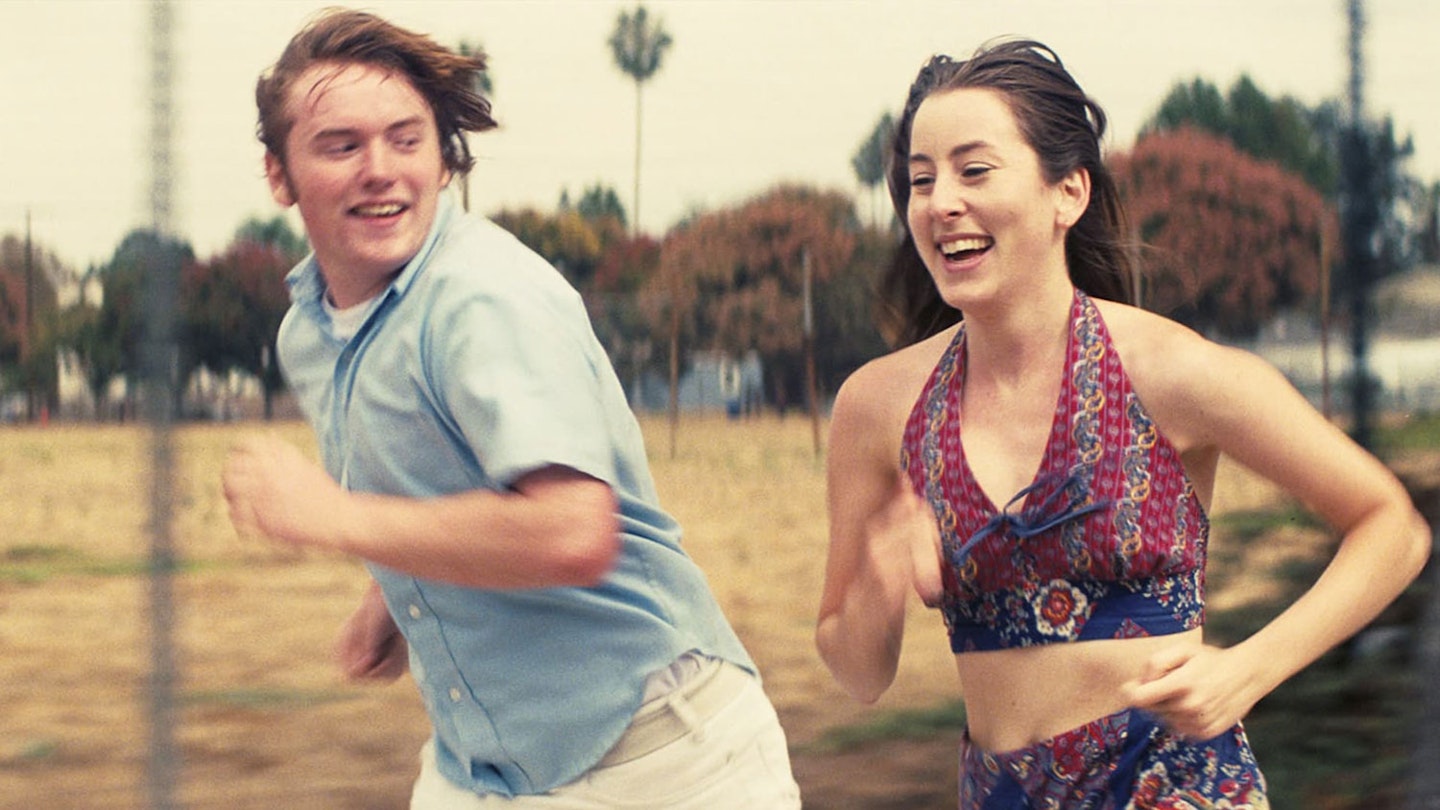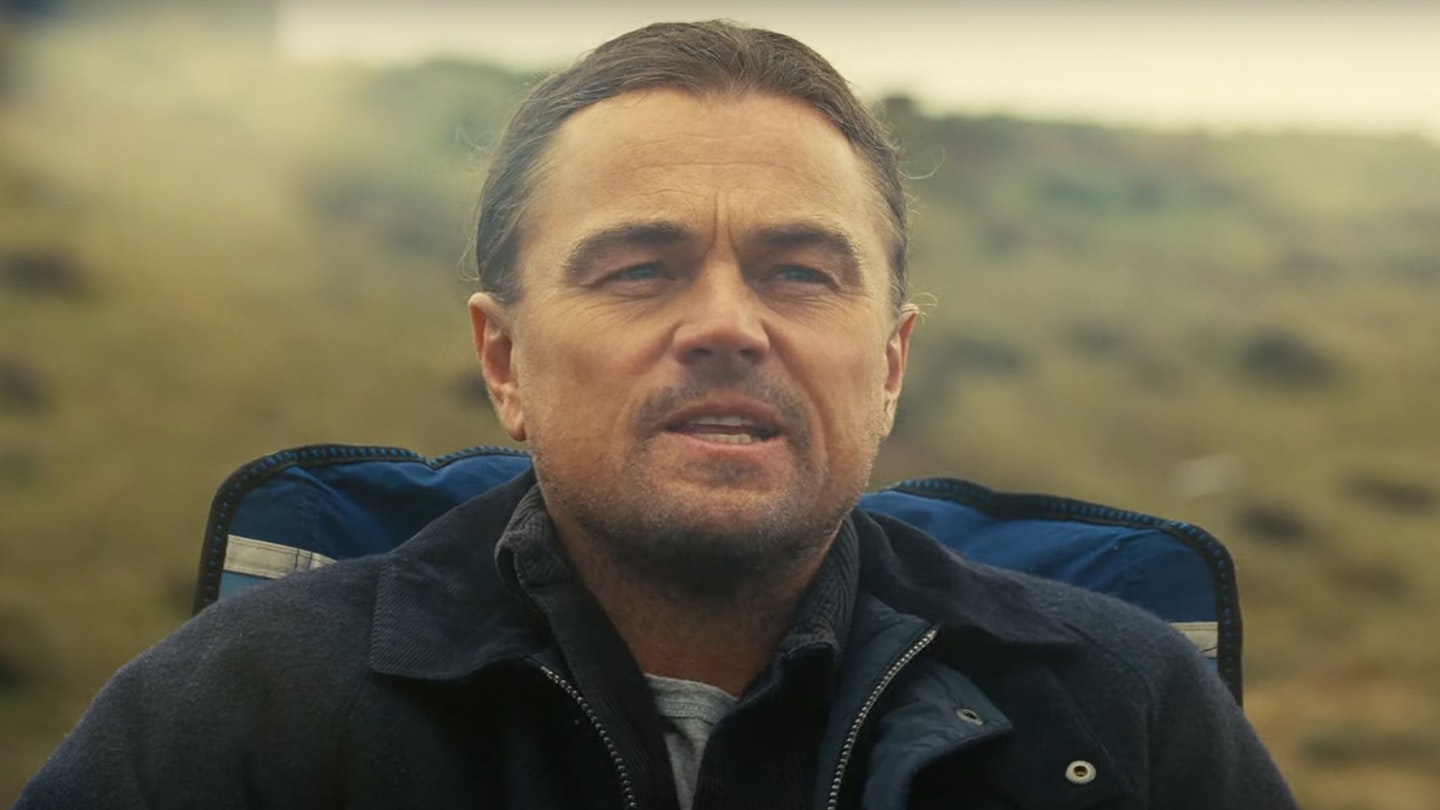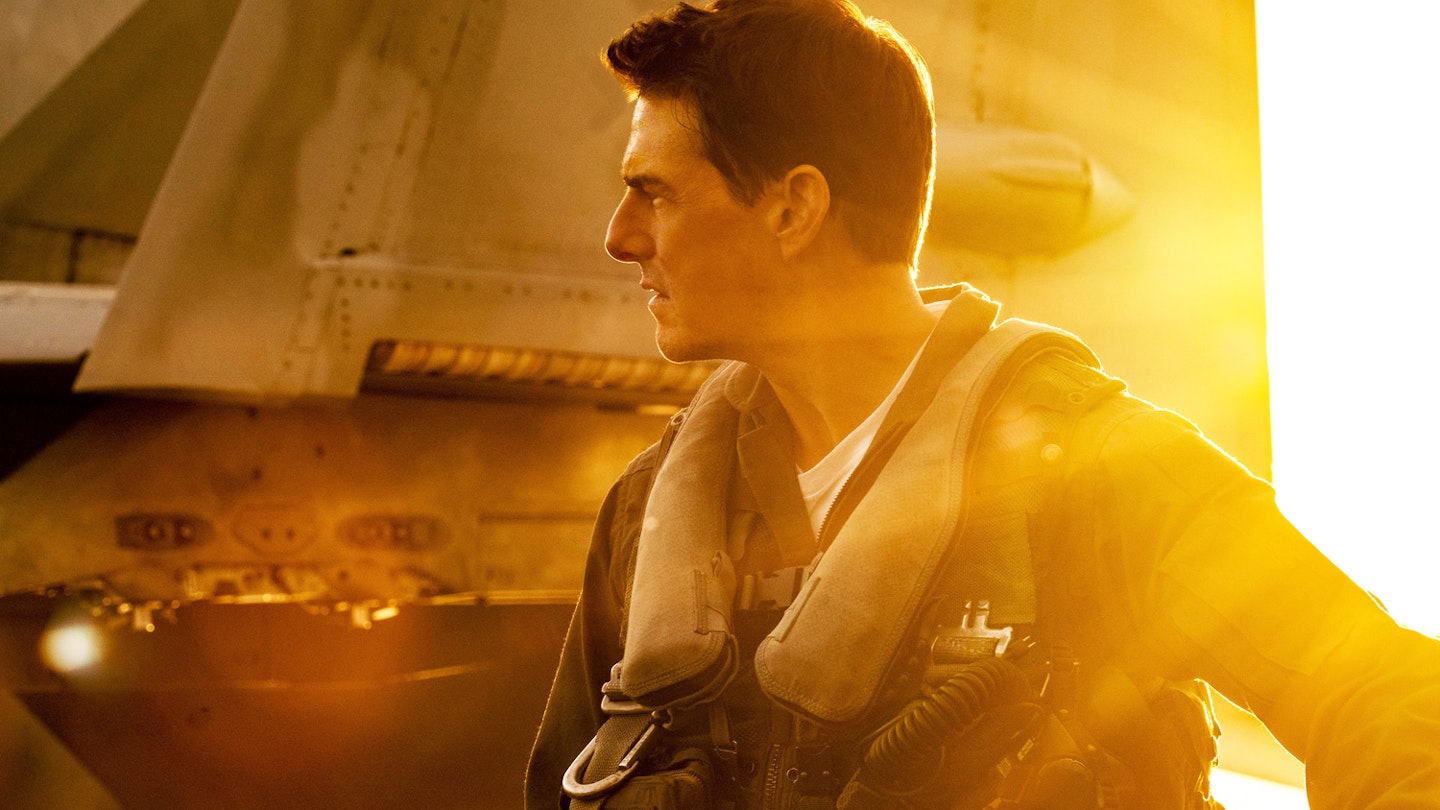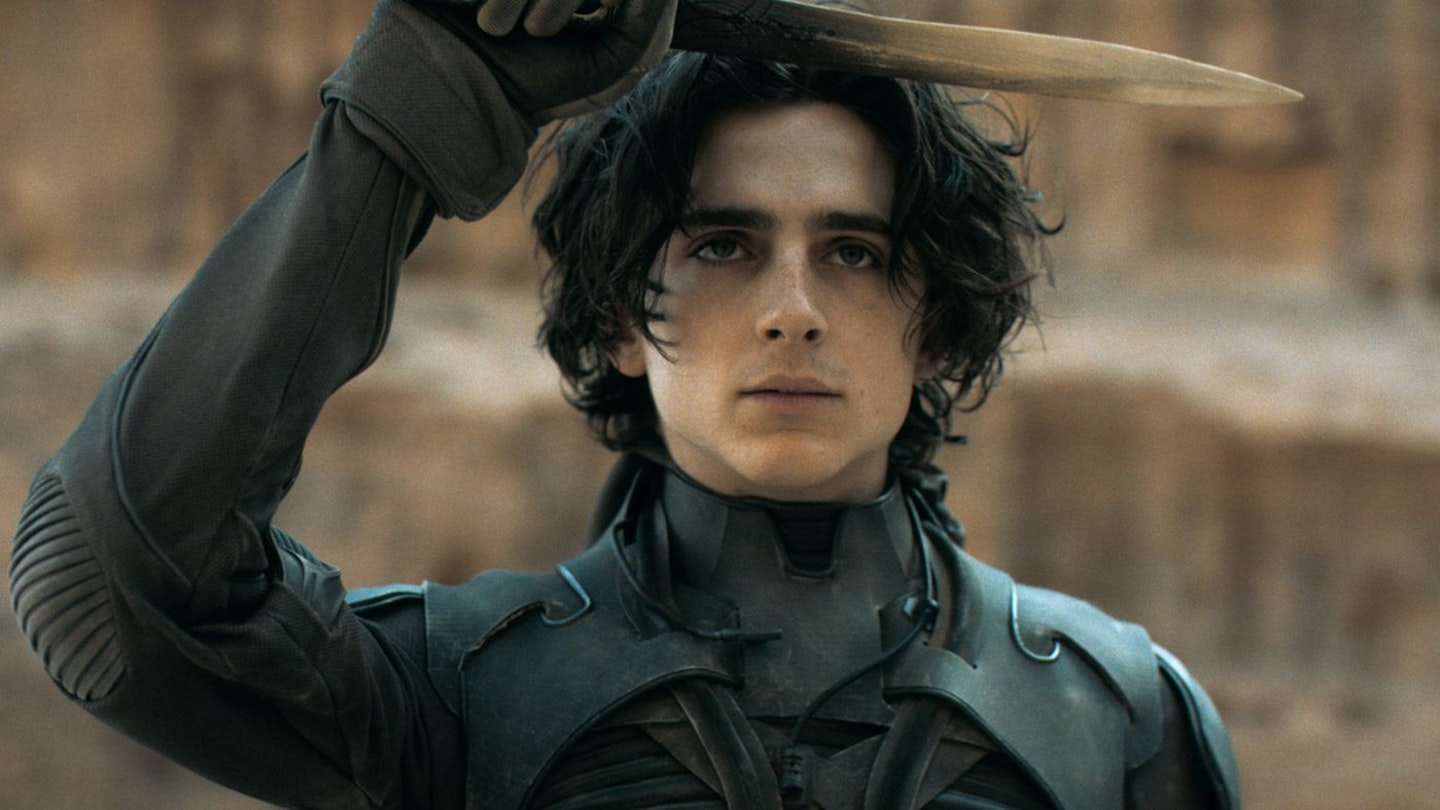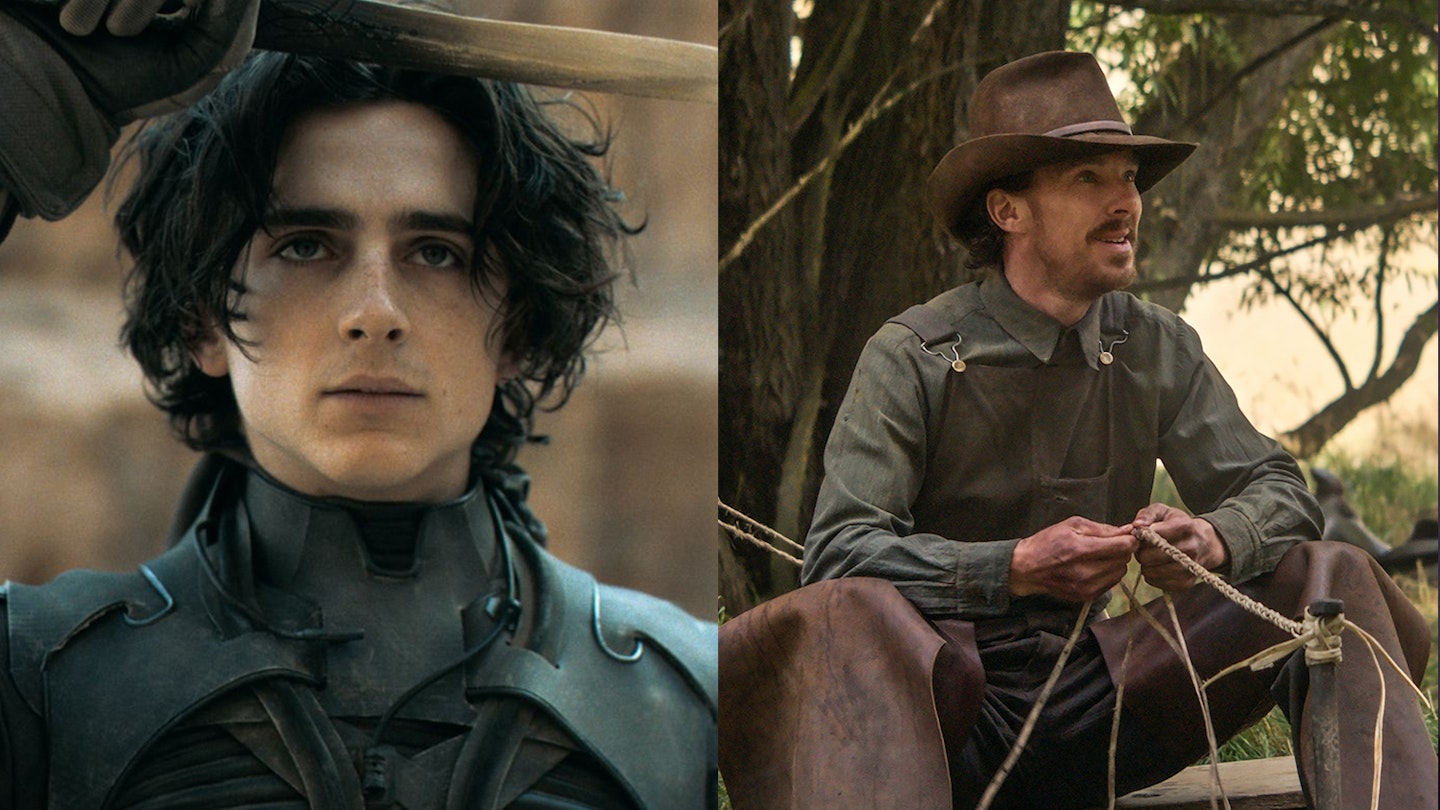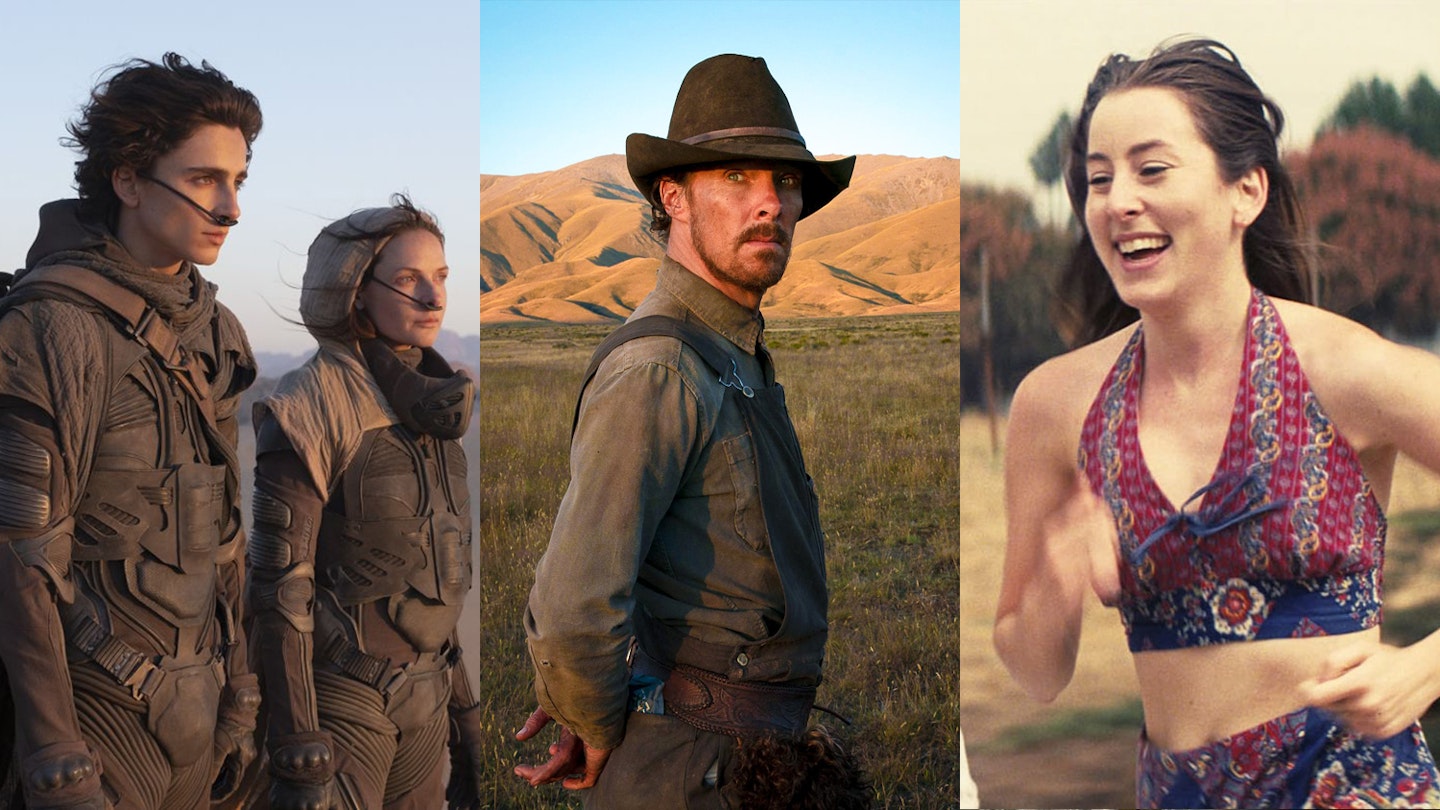“You’re a very powerful feeling,” one character tells another towards the end of Licorice Pizza. It’s a moment which feels like the film is describing itself. Paul Thomas Anderson’s ninth film is shaggy and shambolic but utterly lovable, equally as interested in mood and flavour as story and narrative. It’s a coming-of-age tale sketched with the kind of nostalgia that manifests as memories often do: messy and seemingly unformed, yet somehow deeply, ineffably profound, down to your bones.
Seemingly combining Anderson’s early, more freewheeling comedic approach (Boogie Nights, Magnolia) with his later, more formally ambitious efforts (Inherent Vice, Phantom Thread), it’s a thrilling culmination of his talents, a film he could have only made at this point in his ludicrously virtuoso career. If it bears any resemblance to another PTA joint, it would be Punch-Drunk Love; for Licorice Pizza is essentially an unconventional romantic comedy, starring two eccentric-outsider leads, of the kind who would have once seemed unthinkable as romantic-comedy leads.
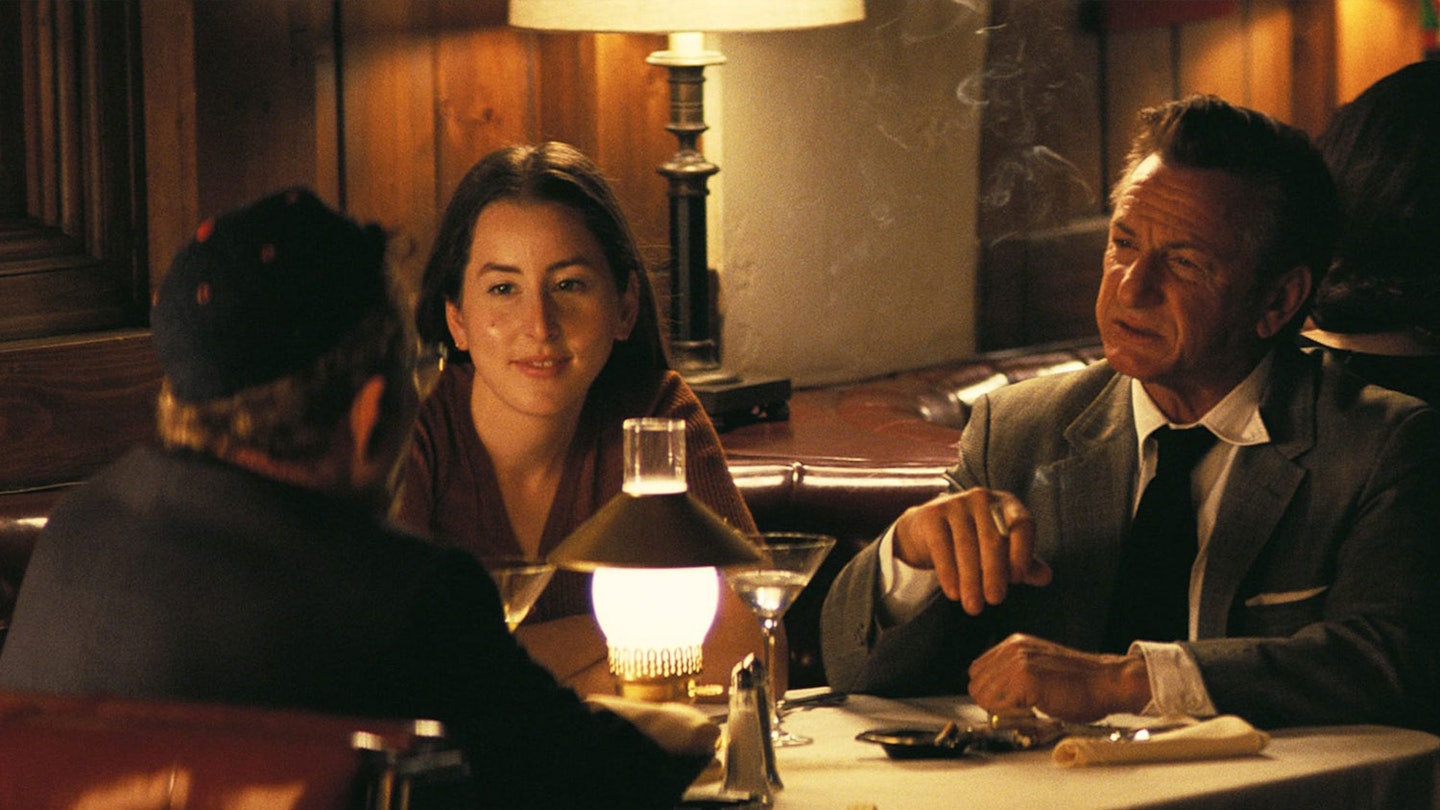
As the not-couple, Gary (Cooper Hoffman) and Alana (Alana Haim) are a joy to watch. He’s just a kid, but moves through the world with the confidence of a middle-aged businessman; she’s an adult, but less experienced and worldly than she thinks. He is flirtatious, a child actor and self-made entrepreneur who speaks with the youthful pomposity of a Wes Anderson protagonist, and finds himself immediately drawn to Alana. She rebuffs him, but is clearly flattered, always wrestling with insecurities she can’t shake. Together, Hoffman and Haim make two of the most remarkable and fascinating debuts in recent memory, their rawness adding something intangibly rich and real to the film. You only need to know the basics of the filmmaker’s connections to both first-time actors to understand how personal they are to him. (Anderson regularly directs Haim in her music videos, and Haim’s mother was a teacher of Anderson as a boy; Hoffman’s father, the late Philip Seymour Hoffman, was Anderson’s friend and regular collaborator.) The very act of casting the pair hums with meaning and sentimentality.
Not that this is a conventional coming-of-age tale, though. With the weirdness of that age-gap always ever-present, Anderson plays it as a will-they-won’t-they?, oddball sort-of romance to the end. There’s such an innocence to the ill-defined relationship, as if neither of them quite knows how to be with one another: both too young to figure out how to navigate it, but undeniably drawn together, circling each other like oppositely charged magnets. It’s utterly romantic, in the most awkward, chaotic sense. In one scene, they share a phone-call in complete silence, Anderson finding tension in their intimacy without either ever saying a word.
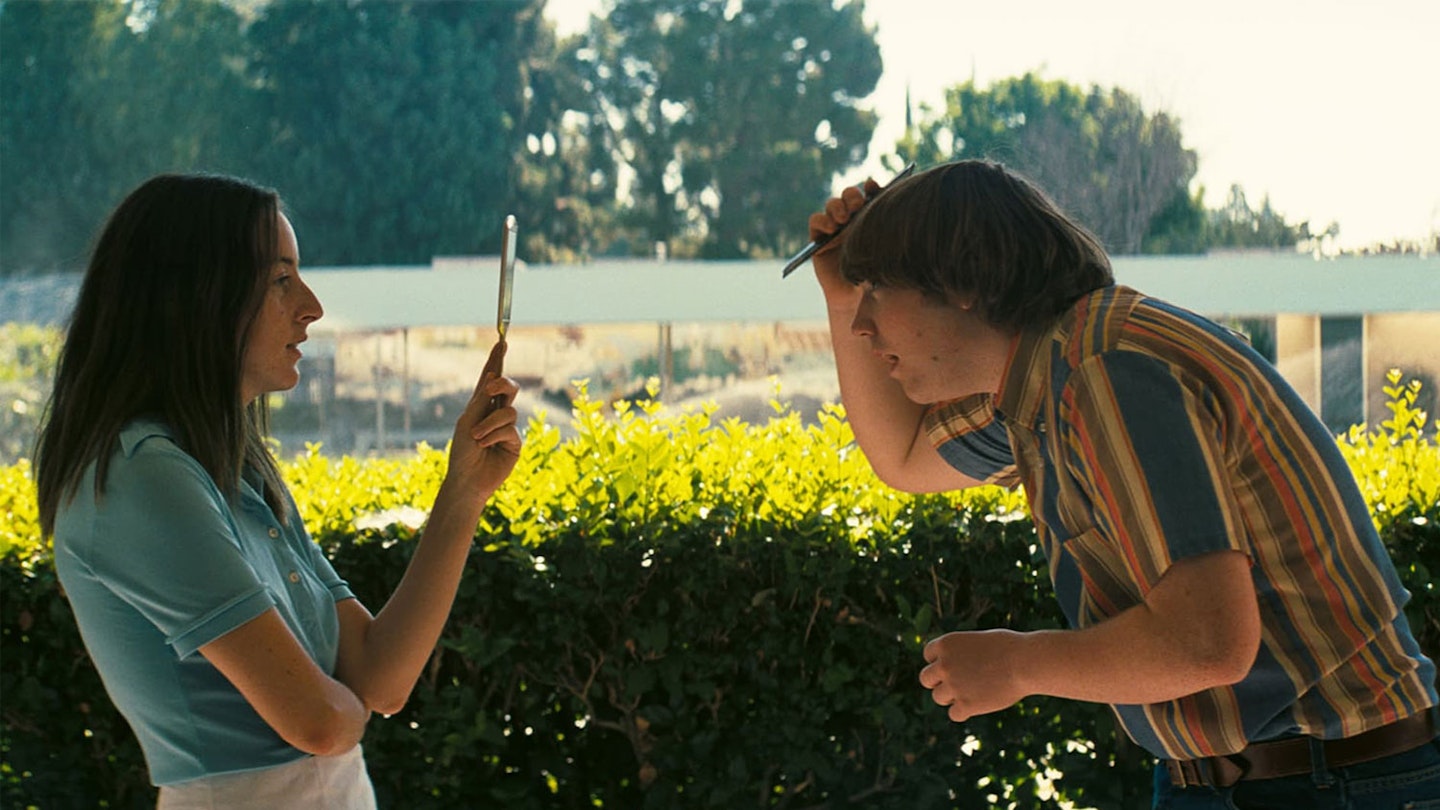
It’s a credit to the filmmaking that this pairing never feels contrived. It helps that the world they occupy, Anderson’s beloved San Fernando Valley (which he returns to, nearly two decades after his last cinematic trip, Punch-Drunk Love), has such a thick sense of place and time. The geography of those steep suburban hills even becomes a plot-point in one surprisingly gripping sequence, when — against the backdrop of the 1970s oil crisis — Alana freewheels an empty-tanked truck down a hill, powered purely by gravity. The valley’s very contours propel the plot.
Don’t mistake carefree for careless. There is precision and intention to everything here.
Through this journey into the ephemera of Anderson’s memory, day players come and go, a revolving door of eccentrics. Sean Penn — funnier than he’s ever been — plays an ageing movie star, emblematic of a fading Hollywood and sleazily desperate to show off his motorcycle stunt skills; Uncut Gems co-director Benny Safdie pops up in an unexpectedly moving subplot as a politician living a secret life. Anderson peppers the film with people like this: in one delicious detail, a casting agent glumly notes to Gary, “I’m divorced, but losing weight.” For sheer farcical screen-wattage, though, none of the cameos match Bradley Cooper: as real-life Hollywood producer Jon Peters, Cooper is gifted with the line, “How big is your penis?” within his first ten seconds on screen, and injects the film with a wild, coked-up energy, careering it into yet another unexpected avenue.
That idiosyncratic, let’s-see-what-happens approach might leave some struggling to find a purchase, looking for a stricter structure to latch onto. But don’t mistake carefree for careless. There is precision and intention to everything here. Few filmmakers are in such complete control of their craft — from the ambitious tracking shots that recall Anderson’s opening of Boogie Nights (he shares cinematography credits with Michael Bauman), to the appropriately dreamlike editing, to the deft use of music (Jonny Greenwood’s understated score nestles neatly between period needle drops). It all amounts to something formative and foggy, the muddled mix of emotions that swirl in when someone important enters your orbit in your youngest years — that powerful feeling, effortlessly realised via cinematic language, to evoke more powerful feelings still.
